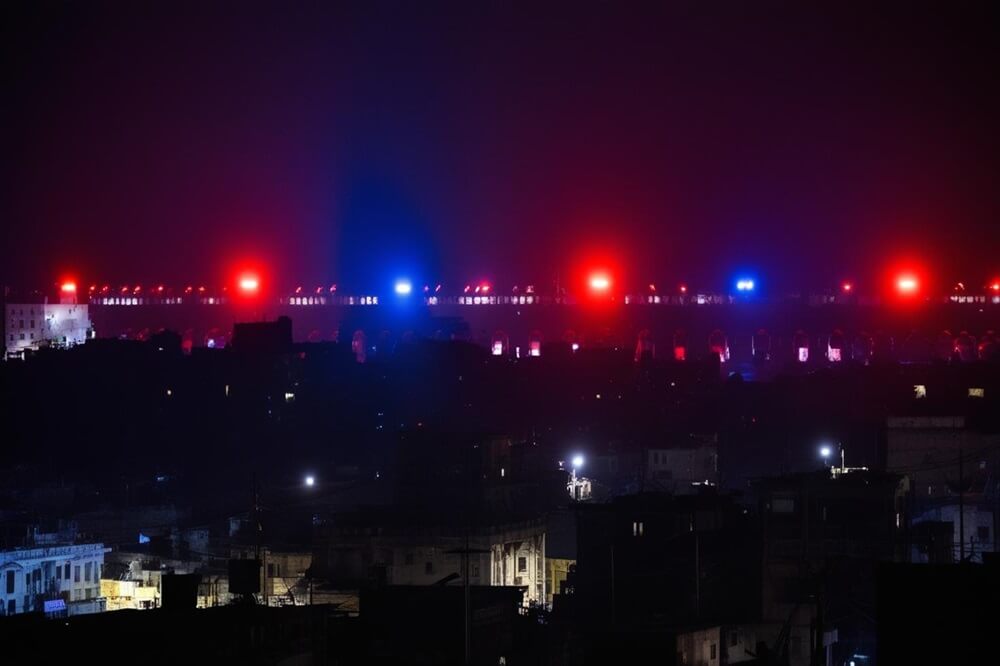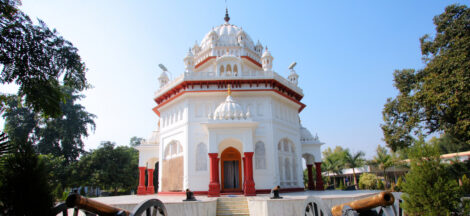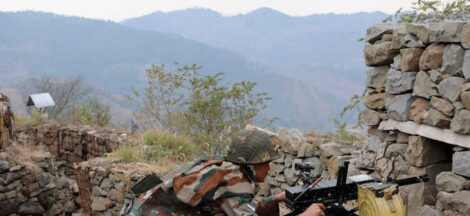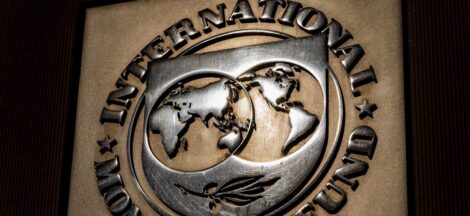G7 foreign ministers have issued a unified condemnation of the April 22 terrorist attack in Pahalgam, Jammu and Kashmir, which claimed 26 lives, including those of two foreign nationals. In a joint statement, the ministers called for “maximum restraint” from both India and Pakistan, expressing deep concern over the escalating hostilities between the nuclear-armed neighbours.
The attack, carried out in the Baisaran meadow near the tourist town of Pahalgam, targeted a group of civilians, predominantly Hindu tourists. The Resistance Front , a proxy of the Pakistan-based Lashkar-e-Taiba , claimed responsibility, citing opposition to the settlement of non-locals in the region. Indian intelligence agencies have identified Saifullah Kasuri, also known as Khalid, a senior LeT commander, as the mastermind behind the assault. Investigations revealed that the attackers, equipped with M4 carbines and AK-47 rifles, used helmet-mounted cameras to record the massacre, allegedly for propaganda purposes.
In response, India launched missile strikes on three Pakistani airbases—Nur Khan, Murid, and Shorkot—citing the need to dismantle terrorist infrastructure. Pakistan retaliated with Operation Bunyan-un-Marsoos, targeting Indian military installations, including the Pathankot and Udhampur airbases, and reportedly destroying an S-400 air defence system in Adampur. The exchange has resulted in at least 48 fatalities, encompassing both military personnel and civilians.
The conflict has led to significant disruptions in both countries. Pakistan has closed its airspace and convened its National Command Authority, responsible for strategic and nuclear decisions. India has mobilised additional troops and activated reserve units, indicating preparedness for a prolonged conflict. Civilian air operations have been halted, and public support has surged for military responses on both sides.
International reactions have been swift. The United States, through Vice President JD Vance, urged restraint, emphasising the importance of preventing further escalation. Saudi Arabia, the United Kingdom, and other nations have echoed calls for de-escalation, highlighting the potential threat to regional stability.
Domestically, India has taken several measures in the aftermath of the Pahalgam attack. Prime Minister Narendra Modi chaired a meeting of the Cabinet Committee on Security, leading to decisions such as suspending the Indus Waters Treaty, closing the Atari-Wagah border crossing, and revoking visas for Pakistani nationals. Union Home Minister Amit Shah directed states to identify and deport Pakistani nationals, while the National Investigation Agency took over the investigation, identifying local operatives linked to the attack.




 Top Official Killed as Pakistan Shells Civilian Areas in Rajouri
Top Official Killed as Pakistan Shells Civilian Areas in Rajouri 